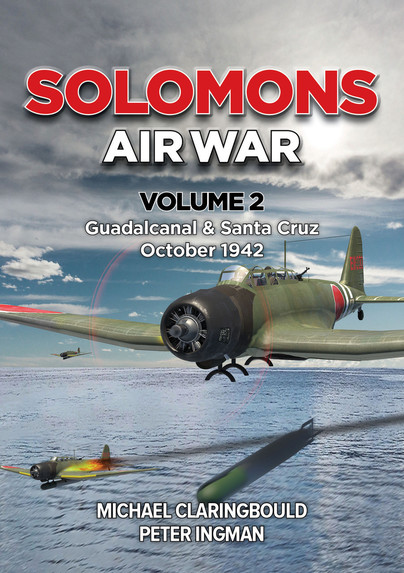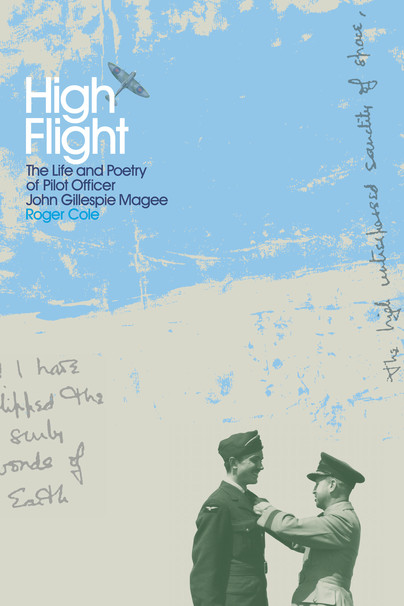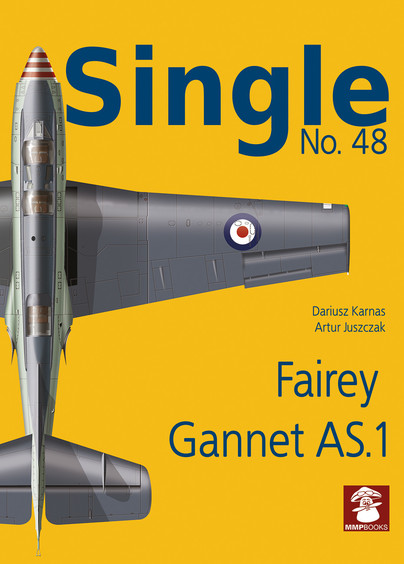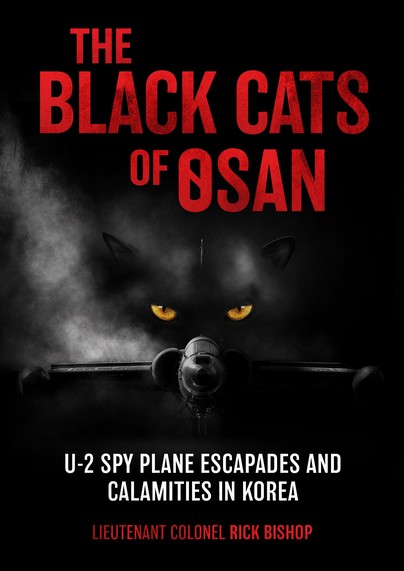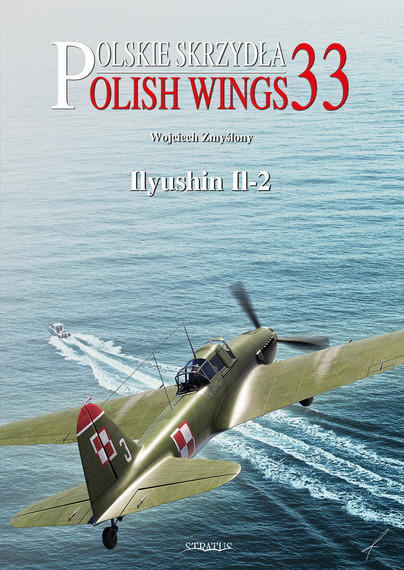Plying through the darkness at the very limit of the earth's atmosphere, the U-2's extrasensory intelligence-gathering sensors quietly intercept and redistribute mountains of information to a highly classified ground site, located at Osan Air Base, Korea. From there, the top-secret intelligence, surveillance, and reconnaissance (ISR) products are distributed to the highest levels of command authority within the United States. Although the Dragon Lady has been in continuous service for nearly 70 years, she has always been considered a "National Asset," with technology so sophisticated that she outlasted her "replacement" – the SR-71 – decades ago.
Lt. Col. (Ret.) Rick Bishop, a former U-2 pilot, takes the reader deep into the Black World of non-satellite ISR to reveal how a small detachment of 100 hand-selected personnel with only eight pilots and two aircraft became the most reliable and productive air force unit to ever utilise the Dragon Lady, to this day. As second-in-command of Detachment 2 (Det 2) of the 9th Strategic Reconnaissance Wing during the mid-1980s, Rick kept a detailed journal of the daily operations that routinely launched pilots on high-altitude solo missions lasting at least nine hours. Wearing full-pressure suits, these missions took a physiological toll on each pilot who upon return had to coax the Lady, universally known for her treacherous landing characteristics, safely back on to the ground along with the often-priceless intelligence-gathering sensors. Although the pilots were the pointy end of the spear, this is also the story of the missions that could not be accomplished without the dedicated effort from enlisted personnel and civilian company tech reps to keep the maintenance-intensive platform in the air. Along with Physiological Support Division personnel, responsible for keeping the pilot alive in their pressure suit environment during emergency situations, as well as numerous other support troops required for logistical and supply support, the unparalleled success of Det 2 can only be attributed to the professional pride of the close-knit brotherhood known as the Black Cats of Osan.







